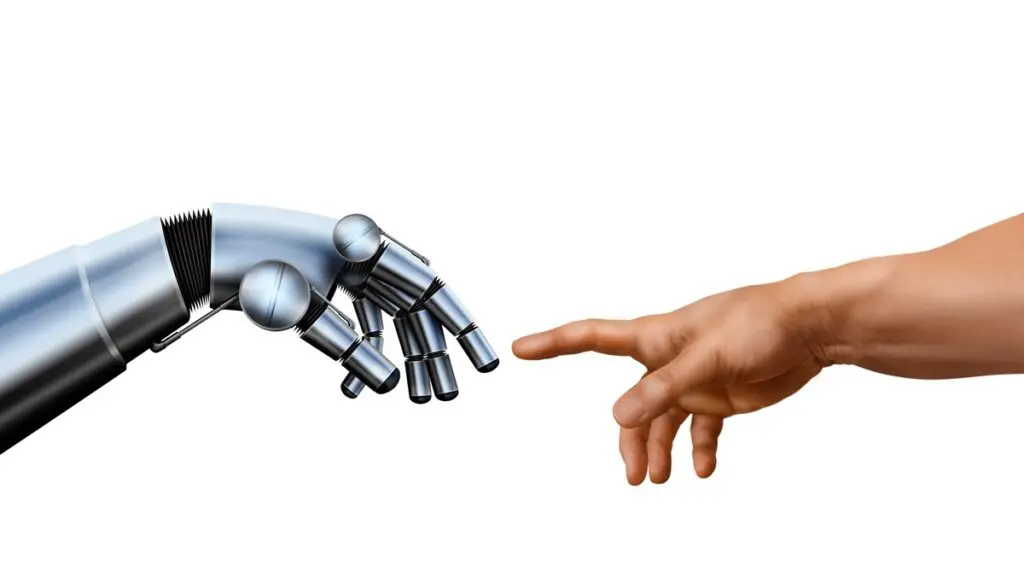
Artificial Intelligence and Christian Culture
We must counter AI by framing education as pilgrimage, a transformative and embodied journey.

We must counter AI by framing education as pilgrimage, a transformative and embodied journey.
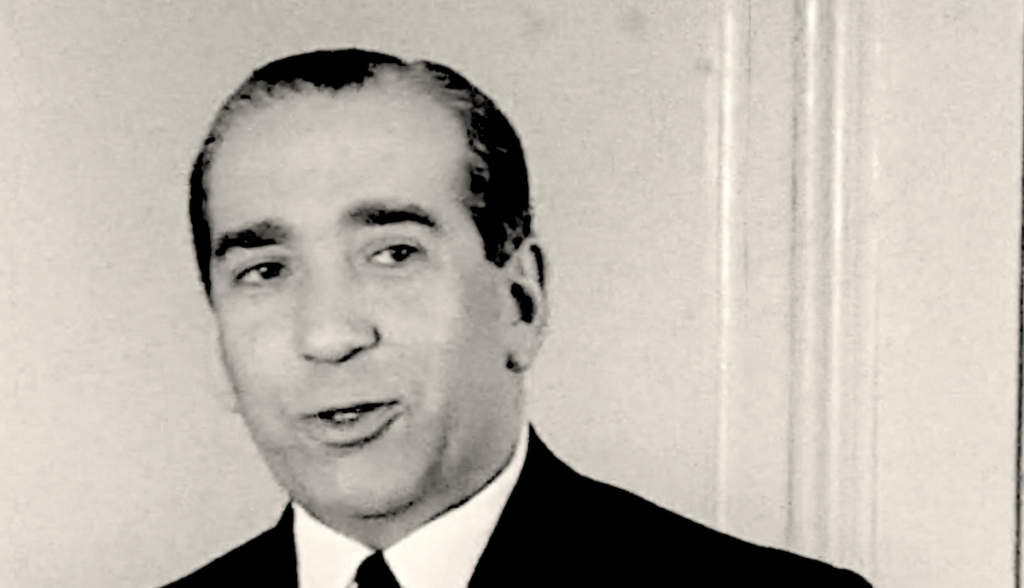
Nogueira believed the future would be shaped by great nations and that ethnically pluralistic polities—empires—were culturally and civilisationally superior to homogeneous ones.
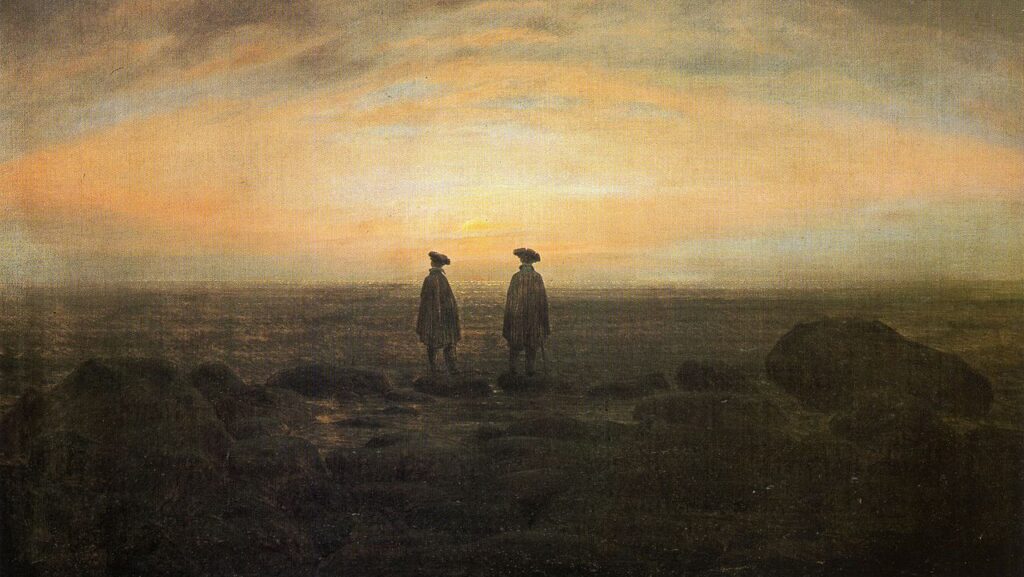
Housman was a singular creature, a noble-minded nihilist of intense feeling.

Nogueira stands among that now lost class of great European statesmen.
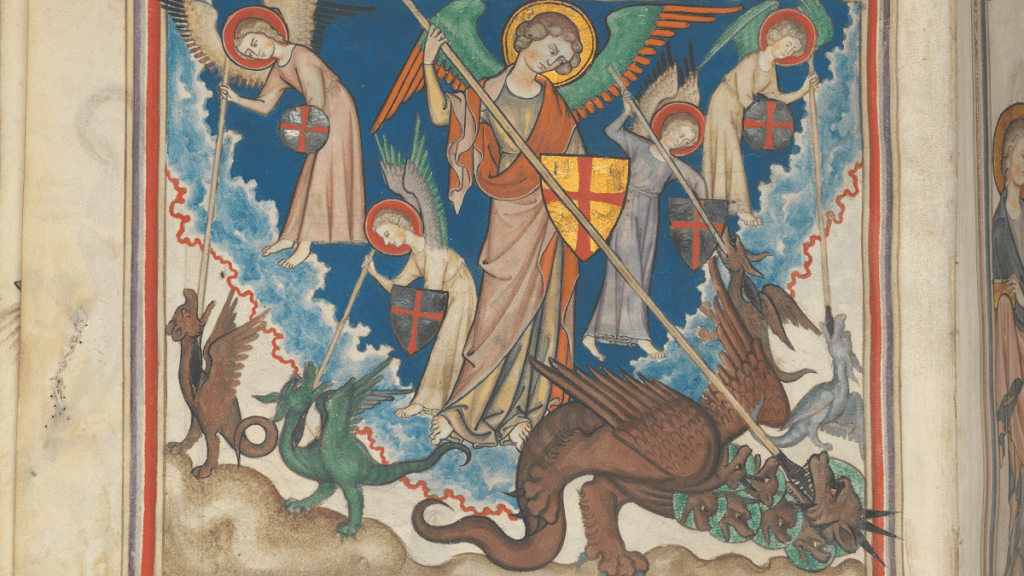
Marked by historical events of such magnitude as the two world wars, Tolkien and other Christian intellectuals of his day grappled with profound questions about the fate of the world.

The Old and New Left share the same essential disdain for national, cultural, religious, and civilizational differences.
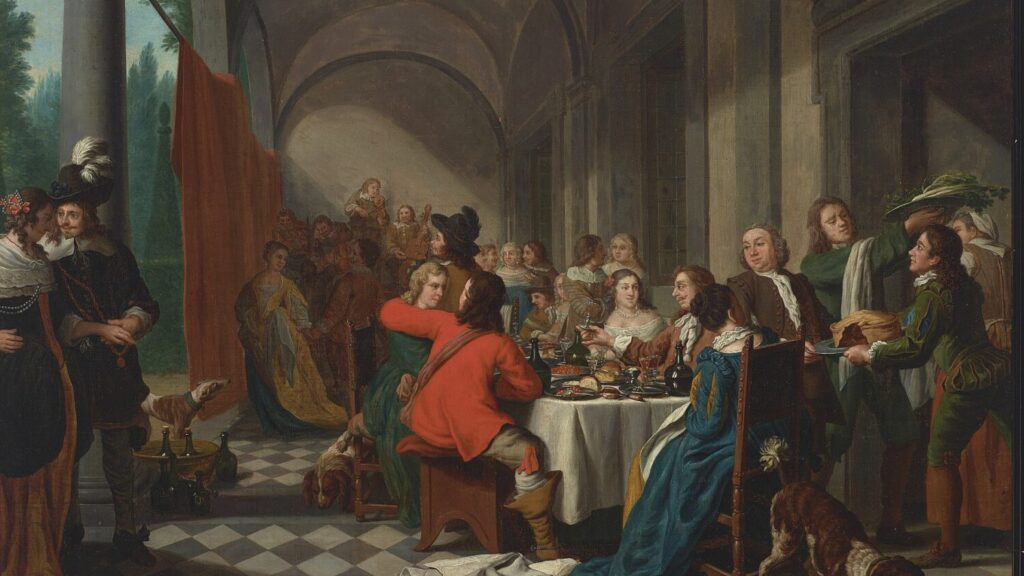
Social eating, with implicit rules for the sake of harmony, creates a tender window to the unique human person.
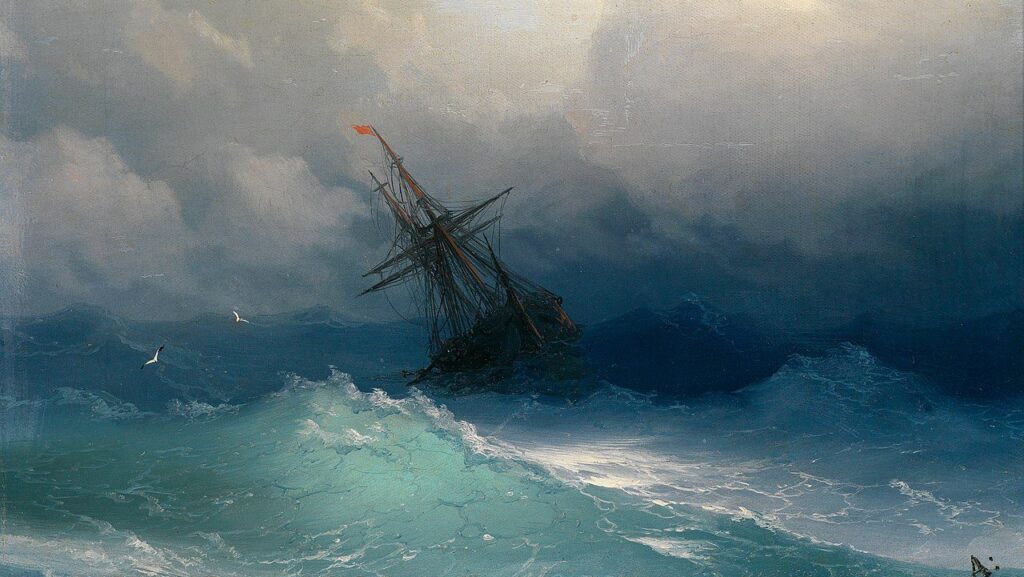
The Bible reminds us that when the storm comes—and inevitably it will—we can look into the waves and the darkness, or we can look to Christ.
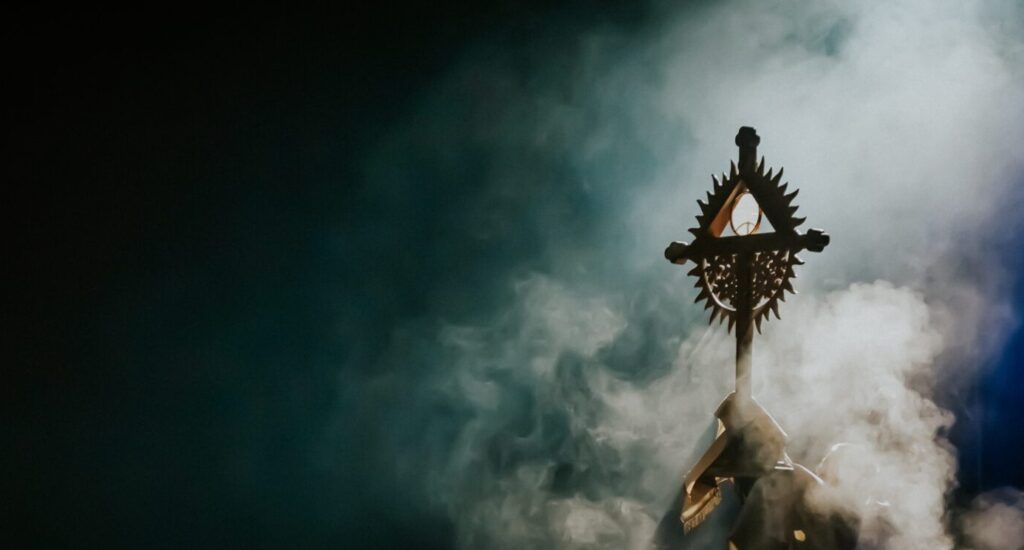
The greatest Catholic writers of the 20th century drew on the deep riches of the liturgy to speak to the secular age.
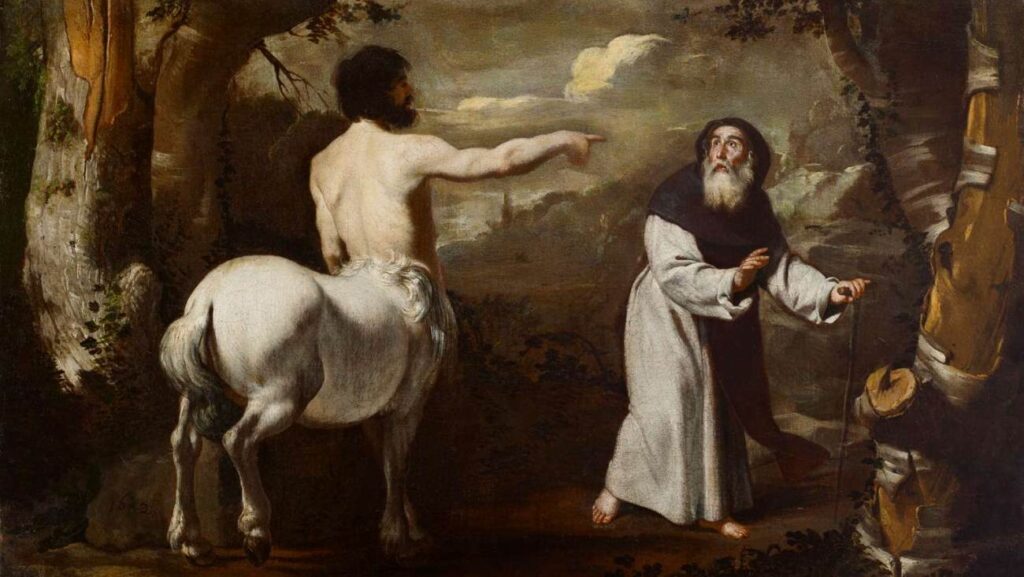
Reports of a Christian satyr coming to St. Anthony for guidance tell us something about Halloween—about the ‘fairy-folk’ and those fiends whose form may yet be redeemed.
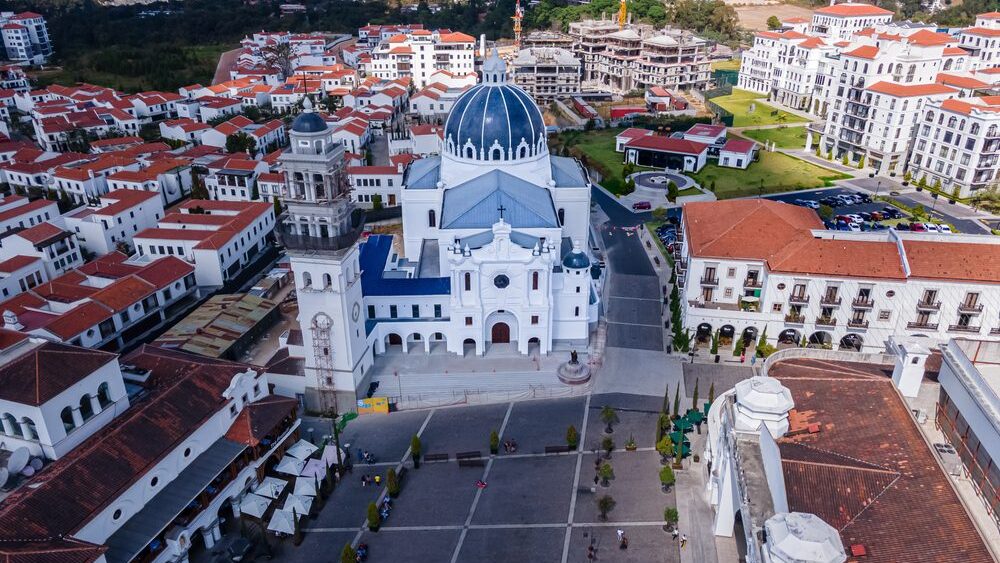
Cayalá should encourage both our traditionalist and voluntarist instincts. Its prosperity is a testament to traditional design principles, while the speed with which it was built shows us what is possible.
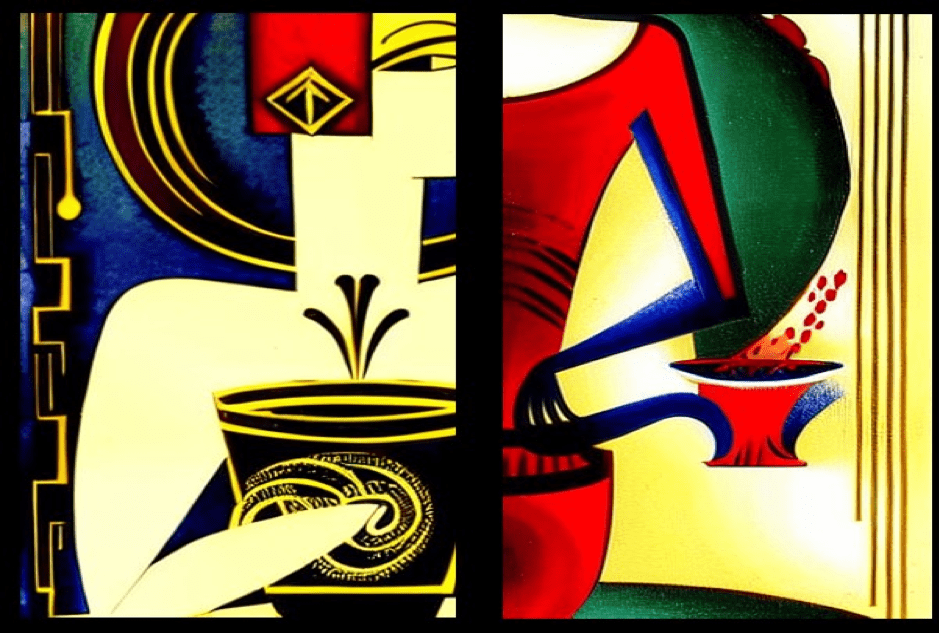
Percival’s sister’s bleeding out is instructive. It stands for the scattering of energies released from their proper, ordered course within the organism, in order that another may feed on them.
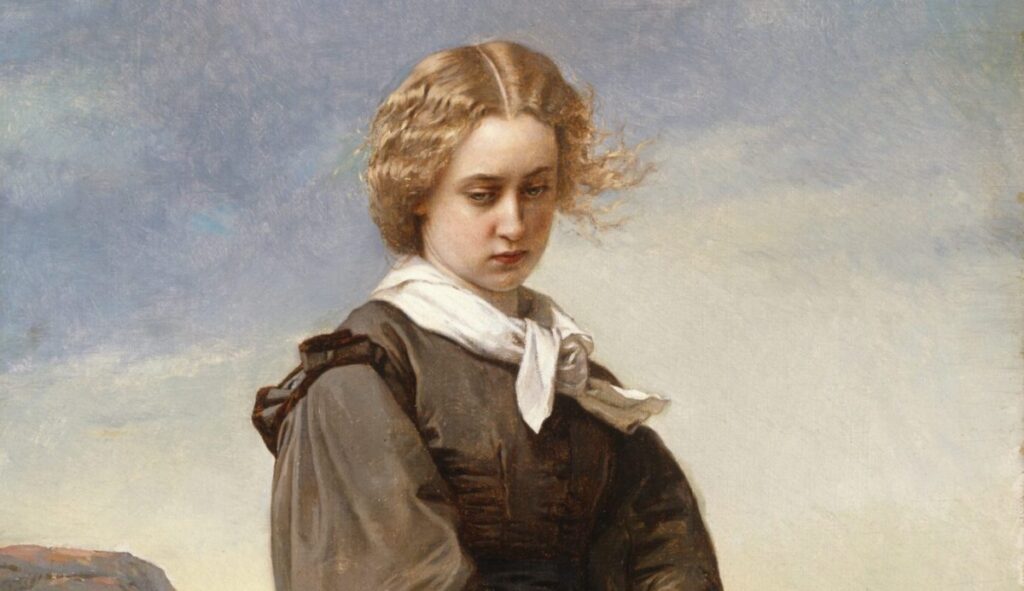
Uncertainty faces us more regularly than certainty. What are we to make of this?

As in most of the great classics, the essential nature of gratitude in difficult circumstances is constantly emphasized.
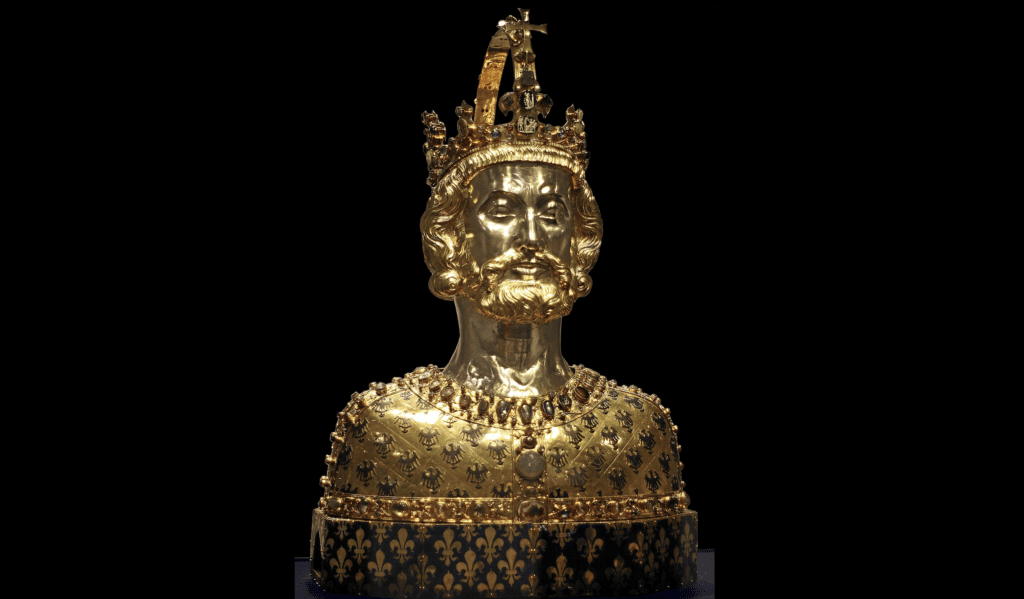
The fact that demonstrating pride in one’s country is considered ‘fascist’ speaks to the utter insanity of the current ethos.

When America sneezes, the world catches a cold. Ireland is now paralyzed by an involuntary expulsion of ‘woke’ air that managed to travel 4,000 miles across the Atlantic Ocean.
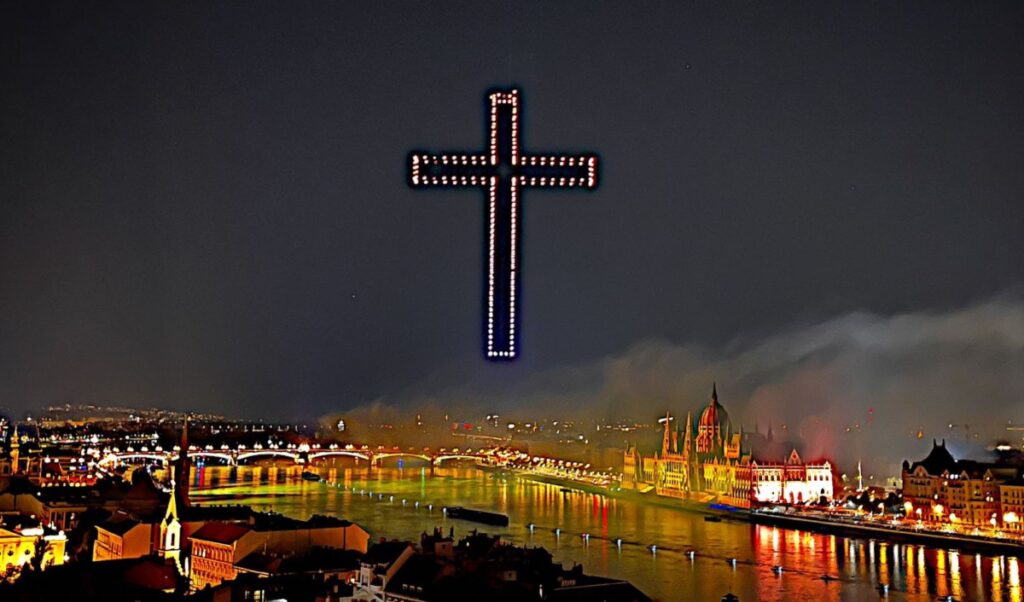
This is what it means to have a leader who believes that the faith that was inseparable from the founding of the nation is vital to its survival.
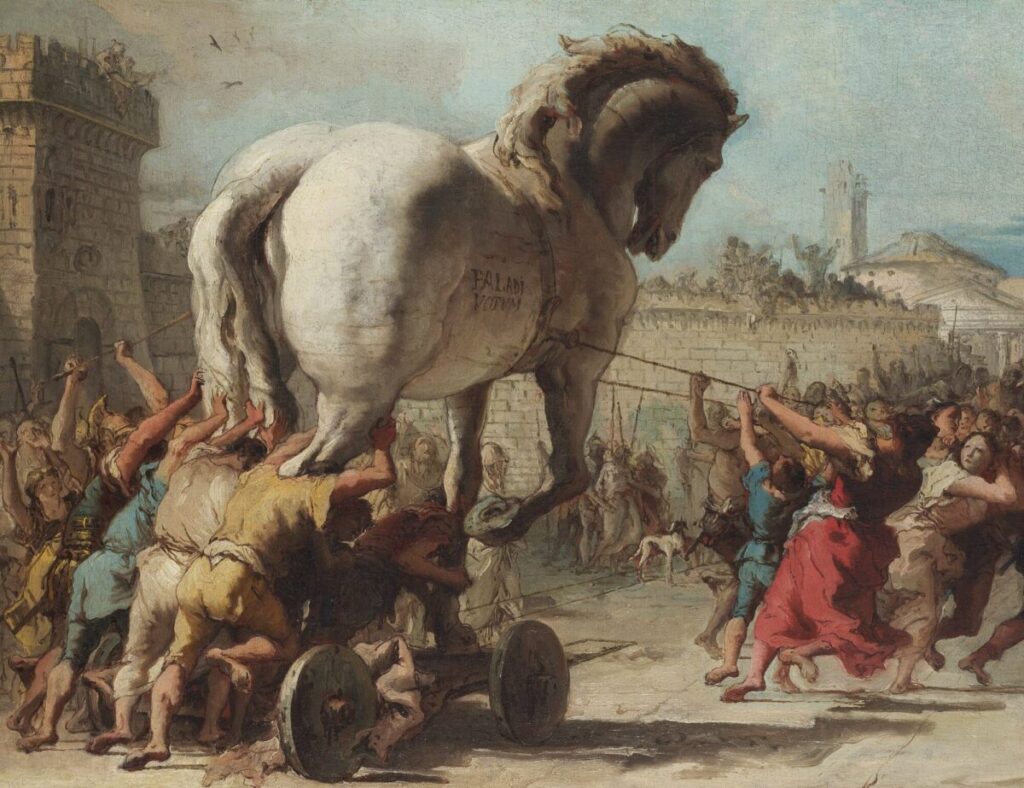
If we each operate as insulated, atomic individuals, with our own private concepts of human flourishing, then the great work of civilisation-building is impossible.
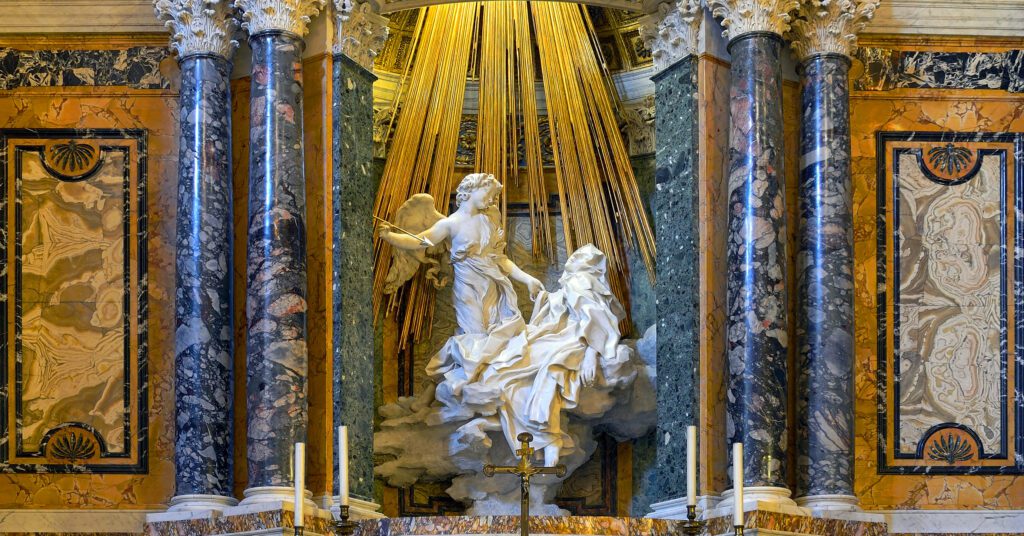
Steffani’s Stabat mater is the resounding counterpart to Bernini’s overwhelming “L’Estasi di Santa Teresa d’Avila,” even though that sculpture was created almost 80 years earlier.
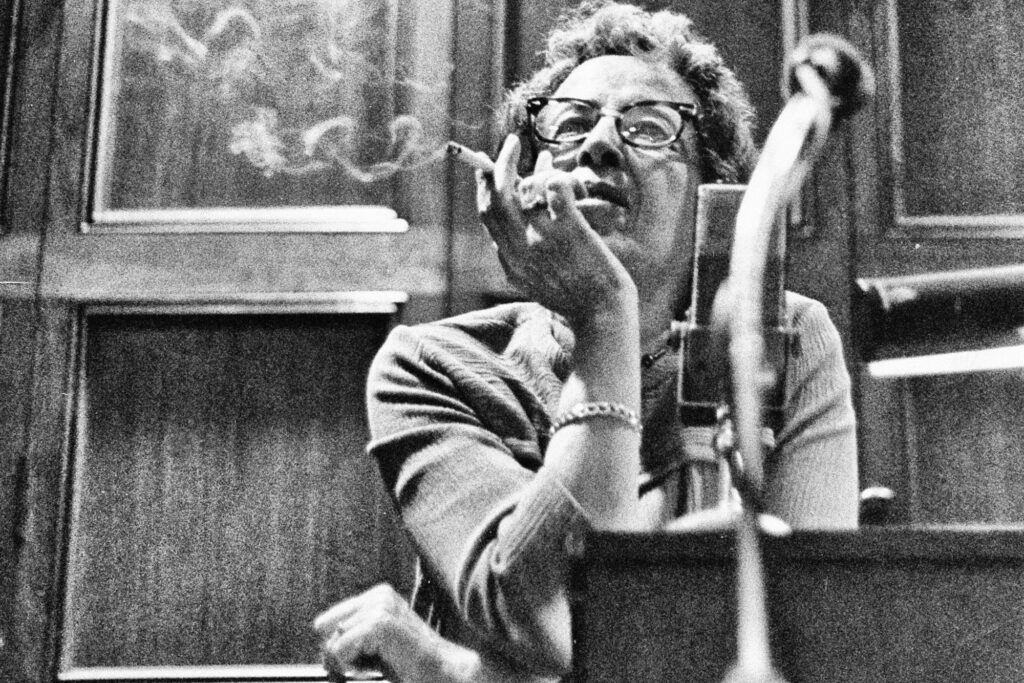
The disappearance of the fear of hell, Arendt tells us, leads directly to the institutionalization of immorality, and the transformation of the deviant will of a Hitler or a Stalin into state policy.
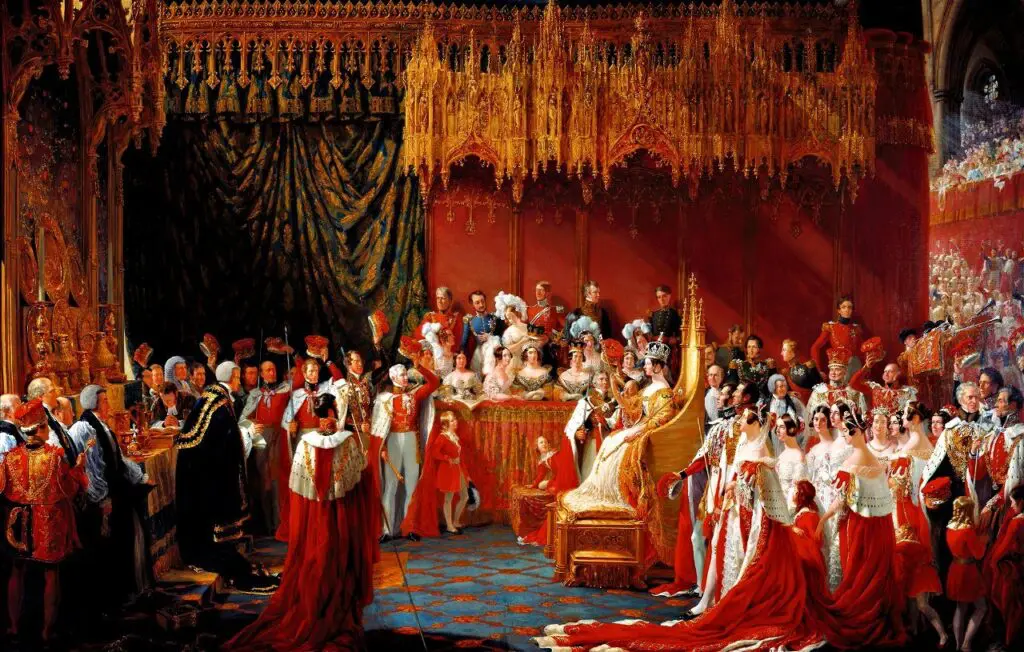
If the ‘M’ word is uttered, the malefactor’s hearers often reply: “So, you want to be a lord or something? If we had a monarchy again, you’d be nothing!” My favourite response: “What makes you think I’m something now? Do you think the chancellor cares if you or I live or die?”

What is so miraculous about this 182 bars long lullaby, the 11th of a total of 16 songs and cantatas that Tarquinio Merula compiled in his Opus 13?